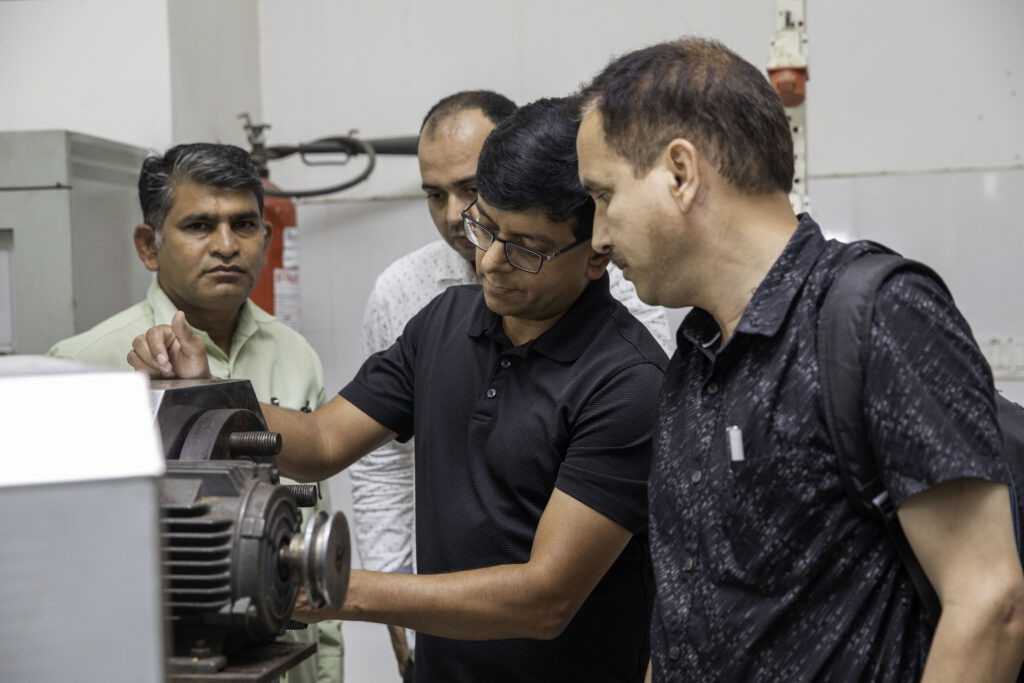
Girish Ganjyal, a professor with Washington State University’s Food Processing Extension & Research unit and food quality technical advisor to the USA Dry Pea & Lentil Council, recently accompanied a USDA funded delegation to India, helping advise food processors on innovative pulse-crop technologies.
Established as a nonprofit in 1965 to promote the production of dry peas, lentils, and chickpeas, the council represents U.S. pulse-crop growers, processors, and other industry professionals.
During the eight-day trip, the delegation met with Indian policymakers, marketing officials, and research and development scientists from a variety of regional and international companies, including some of the leading names in food processing, cereals, and fast food restaurants.
Ganjyal provided expertise to nearly 60 food processing companies via keynote presentations, seminars, and technical one-on-ones with food manufacturers during a full line-up of events that took place predominantly in the Indian cities of Mumbai and New Delhi.

“India is racing to meet demand for high-protein, plant-based foods, such as meat, egg, and dairy alternatives,” Ganjyal said. “Through technical innovation and application of food science best practices, we are able to help advise on creating these products.”
U.S.-based companies have been successful in converting pulse crops to flours that can be added to food products during development, satisfying food cravings by improving texture and flavor while also boosting nutrition. Over the last eight years, Ganjyal’s research has focused in large part on pulse crop ingredients, which also have high fiber content.
He credits the success of the trip to a high level of coordination among stakeholders.
“There is currently excellent collaboration throughout the U.S.-Indian supply chain,” Ganjyal said. “We see U.S.-based farmers connecting with trade representatives, higher education Extension, and the end-product companies like those we are working with.”

Ganjyal is already looking forward to a follow-up trip to India next year. The delegation will observe progress, see how these companies integrate U.S.-based pulses into regionally appealing foods, and discuss the next steps.
“I’m excited to see how Extension can continue connecting trade representatives, marketers, and regional distributors in India to keep building the international agricultural market for U.S.-based pulse-crop producers,” he said.
Funding for the delegation was made possible through the USDA Emerging Markets Program grant.
Media Contact
Girish Ganjyal, phone: 509-335-5613, email: girish.ganjyal@wsu.edu.